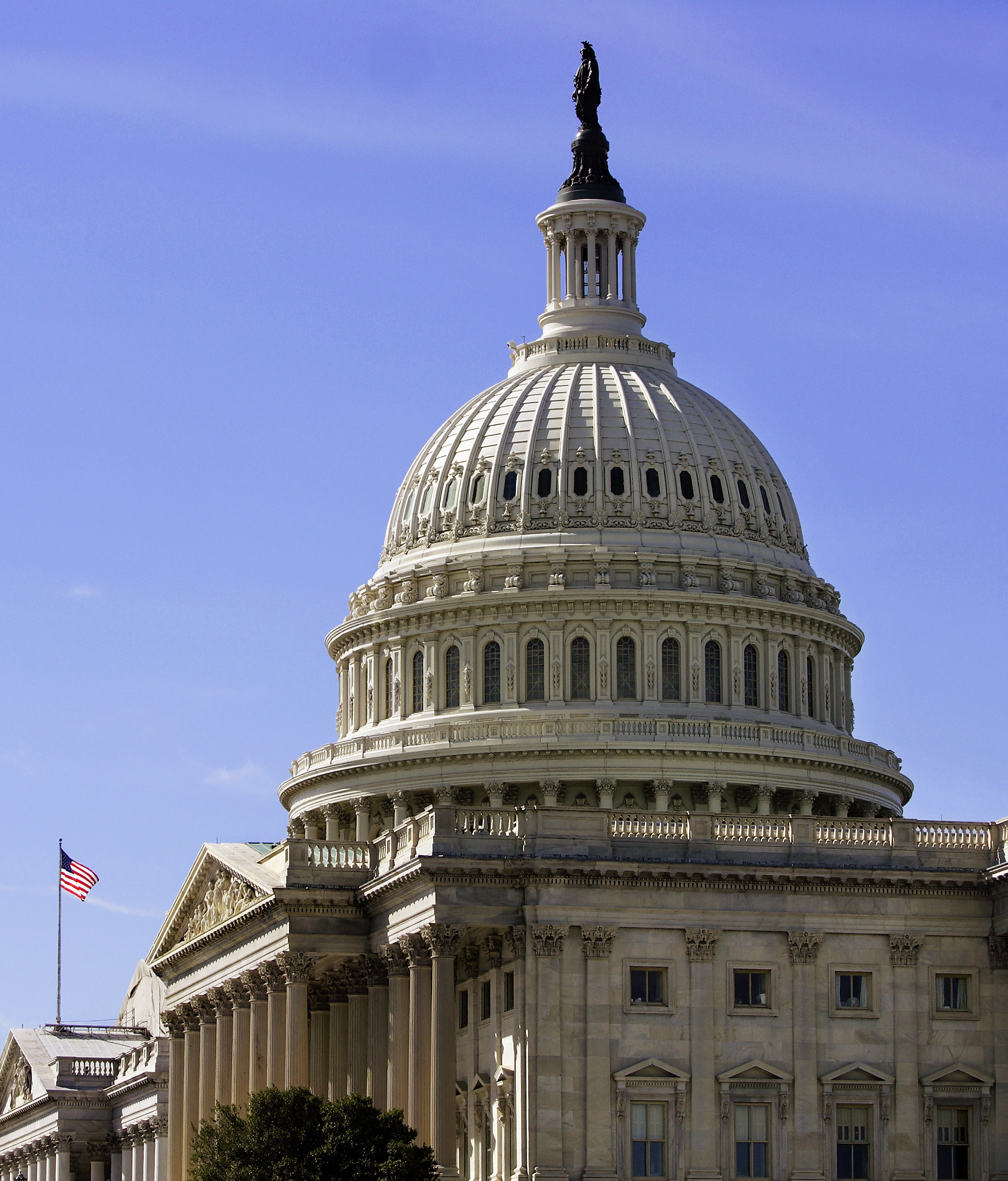
This post originally appeared on The Hill:
How could U.S. policy toward South Sudan over the last decade be so successful, and its policy toward Sudan be such an abject failure? The answer to that question partially holds the fate of millions of Sudanese who remain trapped in a state at war with its own people on four fronts and ruthlessly repressing all forms of unarmed opposition.
Over the last three presidential administrations, Republicans and Democrats in Congress have worked closely together to demand that Presidents Clinton, Bush and Obama craft policies that supported the aspirations of the people of South Sudan. This led to the isolation of the Khartoum regime in the mid to late 1990s, the securing of a peace deal in 2005 between North and South Sudan, and the successful referendum and independence of South Sudan earlier this year. Throughout this time, Congress often was far out front of each of the three administrations, pressing for more active engagement by the Executive Branch and keeping its eye on the strategic prize: the self-determination referendum for the South.
It worked.
Contrast this with U.S. policy towards the North, what is now known as Sudan. U.S. policy has never focused on the fundamental issue of the abuse and total concentration of power in the hands of a minority party. American diplomats have ineffectually chased disparate peace processes down rabbit holes in Darfur, Abyei, the Nuba Mountains, Blue Nile State, and the East. Instead of focusing on a comprehensive solution to Sudan’s authoritarian system of government, negotiators have invested heavily in separate regional peace processes which have played right into Khartoum’s strategy of divide-and-conquer. None of the peace “deals” that have been struck have ever been implemented. No attempt at justice or accountability has ever been seriously supported, including that of the International Criminal Court. The result is an unmitigated human rights and governance disaster.
It is time for a fundamental change in U.S. policy toward Sudan. In the long run, democratic transformation should be at the center of all that the U.S. does going forward, consistent with the bold decisions made in support of people’s aspiration for change in Egypt, Libya, Yemen, and Syria. In the short run, protecting civilians should be an urgent and immediate priority of the United States. Congress has often led administration policy over the past two decades. Your advocacy for a new policy and a more bold approach is needed more than ever.
The time to begin demanding change is now. The opportunity for more aggressive action may come in the next few months when levels of malnutrition begin skyrocketing in South Kordofan and Blue Nile, as Khartoum uses the denial of humanitarian assistance as a weapon of war. That will be the moment to move, and Congress must be ready to help the Obama administration and other key countries seize that moment.
The focus should be in supporting a real democratic transformation in Sudan, rooted in the opportunities presented by the Arab Spring. Supporting Sudanese parties and organizations that are struggling for democracy, demanding real elections, and pursuing a comprehensive peace process with all the insurgencies throughout the country would hasten change. More immediate efforts should be made to protect civilians by imposing draconian targeted sanctions on any official responsible for authorizing war crimes, giving greater support to International Criminal Court investigations and arrest warrants, and sending emergency aid into areas where the Khartoum regime is trying to use its denial as a weapon of war.
This lesson of Congressional and civil society activism’s positive role and impact needs to be learned and re-learned. Those who participated in the blood diamond or anti-apartheid campaigns can be proud that they contributed to peace in part of West Africa and democratic transformation in South Africa, just as anyone who ever participated in a Sudan action helped contribute to the peaceful independence of South Sudan. These are huge achievements and rarely cited amidst the usual gloom and doom narrative of Africa. Countries like these have experienced massive transformations due in part to the actions of intrepid members of Congress and activists in the U.S. and elsewhere.
It’s Sudan’s turn now.
Photo: U.S. Capitol Building (AP Photo / J. Scott Applewhite)

